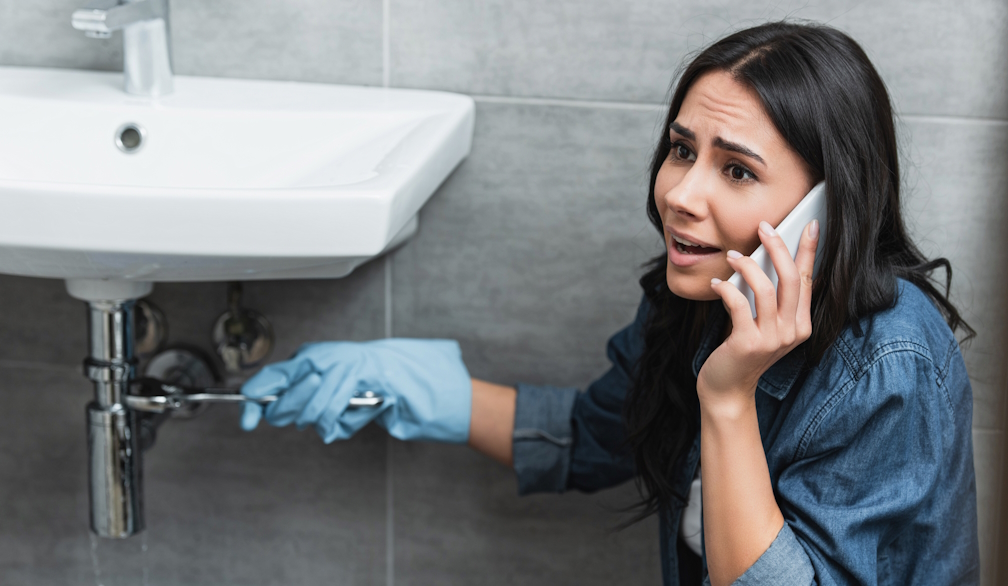Consumers warned to be scam alert

NSW Fair Trading is encouraging consumers to learn news ways to identify scams.
NSW Fair Trading Commissioner and Head of SafeWork NSW Natasha Mann said this year’s theme of National Scam Week was how to spot a scam.
“Stop, check, and verify is the message we’re sending consumers - to take the time to check whether an offer or contact is genuine before acting on it," she said.
"It’s becoming increasingly important to inform people on where to seek help if they, or someone they know has fallen victim to a scam,” Ms Mann said.
“Due to the ‘fly by night’ nature of many scammers, it can be difficult for law enforcement agencies to track scammers down to take action. This is further complicated by many being located abroad.
“From January 2021 - September 2022 there were 1693 potential scams reported to NSW Fair Trading. Of those, 900 related to online marketplaces which primarily involved consumers buying from fake websites, generally based overseas.
“More than 490 of the 1693 potential scams involved non supply for goods purchased.
“We also saw consumers falling victim to Facebook and other online marketplace offers that seemed ‘too good to be true’ through private sale scams.
“Other reports of scams we’re aware of included shipping containers and fake websites using fake ABN & ACNs to scam consumers with no intention to supply.
“Other common scams include the purchase of tickets to events, where consumers have either purchased from resellers and the ticket was invalid or purchased tickets to an event which didn’t go ahead,” Ms Mann said.
Where a business is based in Australia, NSW Fair Trading will intervene to try and negotiate an outcome with a business which has potentially scammed a consumer.
Where there is limited information, consumers are made aware they have most likely been scammed and options to attempt to recover their money are provided, including informing the police and contacting their financial institution.
“If you spot the signs, always stop to check. If a caller threatens you for immediate payment, it’s likely a scam. Check that communication is real by contacting the person or organisation directly using details you’ve found yourself,” Ms Mann said.
NSW Fair Trading urges consumers to report scams to the ACCC’s Scamwatch site, the main regulatory body for scams: www.scamwatch.gov.au/report-a-scam
For further information or assistance consumers can contact NSW Fair Trading on 13 32 20.
NSW Fair Trading Commissioner and Head of SafeWork NSW Natasha Mann said this year’s theme is how to spot a scam.
“Stop, check, and verify is the message we’re sending consumers - to take the time to check whether an offer or contact is genuine before acting on it.
It’s becoming increasingly important to inform people on where to seek help if they, or someone they know has fallen victim to a scam,” Ms Mann said.
“Due to the ‘fly by night’ nature of many scammers, it can be difficult for law enforcement agencies to track scammers down to take action. This is further complicated by many being located abroad.
“From January 2021 - September 2022 there were 1693 potential scams reported to NSW Fair Trading. Of those, 900 related to online marketplaces which primarily involved consumers buying from fake websites, generally based overseas.
“More than 490 of the 1693 potential scams involved non supply for goods purchased.
“We also saw consumers falling victim to Facebook and other online marketplace offers that seemed ‘too good to be true’ through private sale scams.
“Other reports of scams we’re aware of included shipping containers and fake websites using fake ABN & ACNs to scam consumers with no intention to supply.
“Other common scams include the purchase of tickets to events, where consumers have either purchased from resellers and the ticket was invalid or purchased tickets to an event which didn’t go ahead,” Ms Mann said.
Where a business is based in Australia, NSW Fair Trading will intervene to try and negotiate an outcome with a business which has potentially scammed a consumer.
Where there is limited information, consumers are made aware they have most likely been scammed and options to attempt to recover their money are provided, including informing the police and contacting their financial institution.
“If you spot the signs, always stop to check. If a caller threatens you for immediate payment, it’s likely a scam. Check that communication is real by contacting the person or organisation directly using details you’ve found yourself,” Ms Mann said.
NSW Fair Trading urges consumers to report scams to the ACCC’s Scamwatch site, the main regulatory body for scams: www.scamwatch.gov.au/report-a-scam









